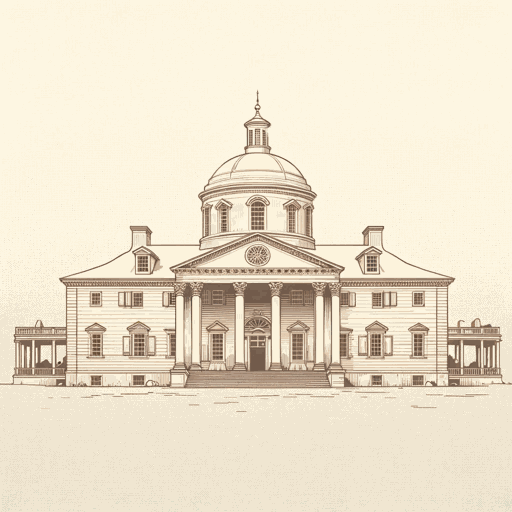40 pages • 1 hour read
Joseph J. EllisHis Excellency: George Washington
Nonfiction | Biography | Adult | Published in 2004A modern alternative to SparkNotes and CliffsNotes, SuperSummary offers high-quality Study Guides with detailed chapter summaries and analysis of major themes, characters, and more.
Symbols & Motifs
Vine and Fig Tree
This is a literary motif used frequently by Washington to denote his desire for a tranquil retirement from public life. Washington derived the phrase from the Old Testament, where it is used in several places, notably in Micah 4:4: “but they shall sit under their own vines and under their own fig trees, and no one shall make them afraid.”
According to Dr. George Tsakiridis, for Washington “vine and fig tree” signified an independent farmer’s freedom from military oppression and war. Thus, the phrase had a clear application to the founding of America and the Revolutionary War, and to Washington himself as he retired to the peace of Mount Vernon, his own personal “vine and fig tree.” Washington used the phrase almost 50 times in correspondence, including in his letter to the Hebrew Congregation of Newport, Rhode Island, where it took on an additional connotation of religious freedom and toleration.
The prominent place Mount Vernon holds in Washington’s life—he is raised and dies there, and frequently longs to return there—underlines the importance of home, roots, and agrarianism in American history. Although it is in the cities and battlefields that the major events in the country are played out, home, farm, and hearth act as magnets drawing many people to a life of peace and security close to nature.
Related Titles
By Joseph J. Ellis





